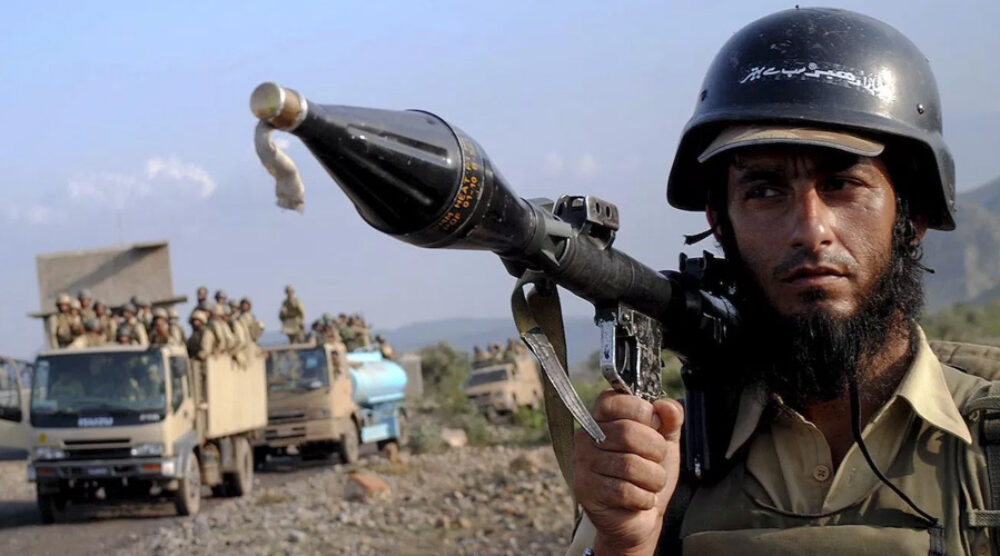As political developments in Pakistan gather steam following Nawaz Sharif’s dismissal and the unfolding military’s schema for “mainstreaming” the Jihadi and sectarian groups, US-Pakistan ties are heading towards an uncertain future. Although Pakistan has displayed a discernible clarity of strategic thought in aligning with China, for the US, how to control Pakistan’s behaviour is proving an unending predicament. Even worse, the Pakistani military also understands this US predicament well, being fully convinced that as long as the US and NATO troops remain stationed in Afghanistan, US has little option but to keep the General Headquarters in Rawalpindi in good humour.
The US has so far employed mixed strategies, from warning grunts to suspending military/economic aid and launching unilateral military strikes against Pakistan based jihadis and jihadi groups, to mitigate threats emanating from Pakistan. However, in spite of eliminating around 2000 Taliban and al-Qaeda cadres in drones strikes since 2004, the US has failed to dismantle the military-jihadi industrial complex in Pakistan. So how can the US ensure Pakistan’s compliance, if President Trump’s South Asia policy has to deliver the stated outcome? For this, the US needs to understand the dynamics of civil-military relations in Pakistan how it shapes Pakistan’s behaviour.
The military-jihadi industrial complex has evolved after decades of close collaboration in Afghanistan and Kashmir, where the military employs the virulent jihadi groups as strategic assets. While the Jamaat-ud Dawa, Jaish-e-Muhammad and United Jihad Council provide operational support in Kashmir, the Haqqani network provides Pakistan the much-needed game-changing leverage in Afghanistan. Domestically, JuD is now also promoting the Milli Muslim League as a political alternative to the al-Qaeda and ISIS ideologies, much with the military’s blessings, heralding a new chapter in complex’s domestic operations.
For the men on the horseback, it has been a long time out of power, and with billions in investments pouring into the China-Pakistan Economic Corridor, it is time to retain power, and there could be no better allies than the Islamists to expand national and regional influence.
Please click here to read the full “America’s unending Pakistan predicament” article published at The Pioneer, written by Griffith Asia Institute Adjunct Fellow – India Program, Dr Ashutosh Misra.








